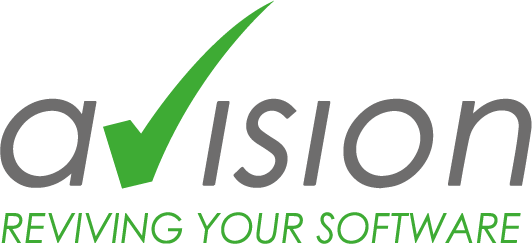The IT sector is walking a tightrope between two extremes: On the one hand, companies are luring the scarce specialist staff with increasingly flexible working models that promise great freedom – from a four-day week to working from any location and at any time. On the other hand, there is the reality in many IT companies. And this consists of overtime, weekend work and constant availability. Can managers take countermeasures here?
If, as has already happened in practice, applicants confidently say in a job interview that they have worked 16 months without vacation and believe that their new employer will view this positively, something is going wrong, especially in terms of work culture. The motto “too much was not enough” needs to be abolished as soon as possible – we need healthy, productive and balanced working conditions in the IT sector. This demand is not new, but it is more topical than ever.
There are several reasons why it is sometimes so difficult to implement. There are time-critical projects, high customer expectations or necessary work on systems and networks that cannot be postponed. All of these aspects have one thing in common: they put pressure on company management and employees. Contrary to the well-known saying that diamonds are only made under pressure, high workloads and an unbalanced work-life balance tend to lead to overworked employees, more absences due to illness and less productivity. Not to mention the often-touted pleasant working environment, which is the first thing to go as the stress factor increases. There is no denying that the IT sector, with its central role in the economy and society, has to carry out some work that requires overtime, on-call duty and weekend work. This calls for management to set limits, organize teams and find solutions. They also have to ensure that no one in the workforce works 16 months in a row without vacation. It’s about taking responsibility and prioritizing the health of employees – the topic of mental health has been making waves in the tech industry for years for good reason.
We therefore need a new, healthy understanding of working conditions. A first step in the right direction was the mandatory recording of working hours, but this is too easy to circumvent – no one can check if developers are working on projects beyond their actual working hours. So what framework conditions can companies create that promote a healthy working environment and at the same time ensure that companies remain profitable despite high pressure?
One possible answer lies in the concrete planning of effective working hours, in which managers clearly communicate goals and expectations. Binding rules must apply: Vacation is vacation, free time is free time – the company must not blindly assume exceptions, but actively discuss them with those involved. However, it cannot be denied that stressful and demanding times cannot always be avoided, especially in IT. Here, too, it is up to managers to compensate for the sometimes high workload of employees with time off when the workload allows them to acknowledge efforts and extra miles and not take the commitment of the workforce for granted. Recognition, compensation and open communication can serve as effective tools in the fight against overwork. After all, it is only when the pressure can be reduced that talent can flourish again and IT companies can establish a culture that is healthy and pleasant for everyone involved. Or to put it in the words of French actor Jacques Tati: “Be absorbed in your work, not drowned.”
This press release can also be found at www.pr-com.de/de/avision
Press contact
Avision GmbH
Christina Karl
Marketing
Bajuwarenring 14
D-82041 Oberhaching
Tel. +49-89-623037-967
christina.karl@avision-it.de
PR-COM GmbH
Melissa Gemmrich
Sendlinger-Tor-Platz 6
D-80336 München
Tel. +49-89-59997-759
melissa.gemmrich@pr-com.de



